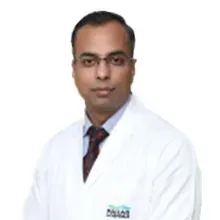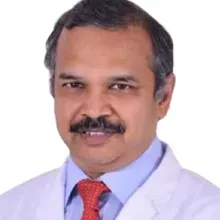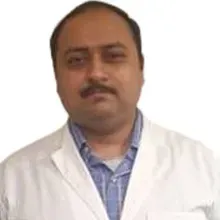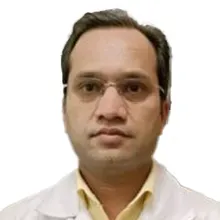Overview of Chest Wall Tumors Excision Treatment India
The chest cavity is a bone and muscle cage that comprises diaphragm, abdomen, spine, and ribs. It provides protection to the heart, liver, and lungs. Like other parts of the body, the chest wall is also prone to tumors known as chest wall tumors. Cells make the tissue and organs in the human body. Old cells die and new cells are generated to take place. Sometimes, the process fails and cells do not die instead start growing uncontrollably. This uncontrolled growth of cells forms a mass called a tumor.
Cancer of the chest is rare with 5% of malignancies and is difficult to treat. Chest wall tumors can develop in soft tissues, bones, and cartilage of the chest cavity. These tumors can be malignant or benign and are classified as primary or secondary. The most common benign tumors are chondromas and osteochondromas. It can be developed from adjacent thoracic tumors.
Primary tumors start from the muscle or bone of the chest, and half of the chest tumors are primary. Secondary tumors start elsewhere in the body and spread to the chest wall. Most of the secondary tumors are malignant. Most of the chest walls in children are primary, while it is secondary in adults.
The common chest wall cancer is sarcoma, including Chondrosarcoma, Osteosarcoma, Ewings sarcoma, Fibrosarcoma, and malignant fibrous histiocytoma (MFH), leiomyosarcoma, and Plasmacytoma. These tumors are painful and grow quickly. Surgery is often required followed by plastic surgery reconstruction.
Types of Chest Wall Tumors Excision Treatment India
Before Procedure
You need to stop drinking alcohol and quit smoking 2 to 3 weeks before the surgery. Moreover, there are certain medicines that you need to stop taking, including blood thinners, aspirins, and more. You will be given anesthesia before the procedure.
During Procedure
There are both surgical and non-surgical chest wall tumor surgery procedures. If the tumor is malignant, the treatment can be a combination of radiation therapy and chemotherapy.
01. Chemotherapy - It involves the use of anticancer drugs to kill cancer cells in the entire body. It is used before or after surgery and can be used alone as well.
02. Radiation therapy - It uses high-energy rays to kill or shrink cancer cells.
The excision of the chest wall tumor is done through a small incision of fewer than 5 centimeters. A portion of the rib cage can be removed for chest tumor excision, followed by reconstruction to get a normal appearance.
There is another minimally invasive procedure known as VATS (Video-assisted thoracic surgery). In this surgery, a thoracoscope (small camera) is inserted into the chest through a small incision. This camera guides the doctor to the exact location of the tumor. Surgical instruments are used to remove the tumor.
After Procedure
The medical team will help you to start walking on the second day. It prevents blood clots and lowers the risk of other complications. The hospital stay depends on several things, such as how you are recovering. Take medicines as prescribed by a doctor.
Diagnosis of Chest Wall Tumors Excision Treatment India
Chest Wall Tumor Symptoms
Sometimes chest wall tumors do not have any symptoms. This is the reason, you must see a doctor if you notice any lump or any irregularities. However, some common irregularities that can arise due to benign or malignant chest wall tumors are:
01. Swelling
02. Mass
03. Chest pain
04. Muscle atrophy
Chest Wall Cancer Diagnosis
To diagnose chest wall cancer, the doctor will review medical history and conduct a physical examination. He may perform one of the following tests:
01. Bone Density Test - This test is performed to check if cancer has spread to bones or not. The test takes about 10 to 30 minutes.
02. Chest X-ray - It is a common type of medical examination and is often the first procedure to check for chest cancer.
03. Computerized Tomography (CT) Scan - It is performed to know about cancer stage and severity.
04. Endobronchial Ultrasound (EBUS) - This test is used to diagnose the stage of cancer and its spread to the lungs. It is performed by a pulmonologist. In this test, a flexible tube is inserted through the mouth to your windpipe and lungs.
05. Endoscopic Ultrasound (EUS) - It produces detailed images of the walls and lining of the digestive tract and chest.
06. Magnetic Resonance Imaging (MRI) - It uses a powerful magnetic field and radio waves to produce clear pictures of chest walls. It is used to check the severity of cancer, determine its size and its spread.
07. Positron Emission Tomography (PET) Scan - This test uses a radioactive substance to check for chest wall cancer.
Symptoms and Risk factors
Causes of Chest Wall Tumors
There are no precise causes of chest wall tumors. However, it is believed that hereditary factors, diet, and lifestyle choices can affect the risk of developing chest tumors.
Risk factors for Chest Wall Tumors
There are several factors contributing to the risk of developing chest wall cancer. These factors include:
01. Advanced age
02. Radiation to the chest
03. Geographical location
04. History of prior of cancer
Chest Wall Tumors Recovery
Post-surgery, it is common to feel fatigued so it is important to increase activities each day. After performing each activity, take a rest.
Avoid drinking alcohol and driving while you are recovering and taking pain medicines. You are allowed to take shower 48 hours after the surgery. Pat dry the incision area with a towel. Do not take bathtubs until your doctor says so. Eating a balanced diet that is high in protein will help you in speedy recovery. It must include fruits, whole grains, and vegetables.
Drink 2 liters of liquids daily. You can drink juices, water, soups, shakes, ice cream, and other drinks, but avoid taking caffeine. Avoid traveling by plane until the doctor says otherwise. You can resume your work once you are fully recovered.
Top Doctors for Chest Wall Tumors Excision in India
Empower your Health with the Expertise of Leading Medical Professionals.
Dr. (Col.) R. Ranga Rao
Department of Surgical Oncology
Chairman
Book Appointment
Dr. Piyush Kumar Agrawal
Department of Pediatrics & Surgical Oncology
Head
Book Appointment
Dr. Bhushan Dinkar Thombare
Department of Oncology & Thoracic surgery
Consultant
Book Appointment
Treatment Costs for Chest Wall Tumors Excision
Be the change and be an opportunist in transforming healthcare.
How it's Works
Guiding your Journey from Discovery to Treatment Planning and Beyond.
Discovery
Get a consultation to discover about your treatment
Pre-Treatment
Admission to the best hospital and all pre-treatment facilities
Post Treatment
Get post-treatment follow-up care with medicine fulfillment
Treatment Planning
Hassle-free treatment planning with package & cost estimations
in-treatment
world-class quality procedures and equipment for treatment












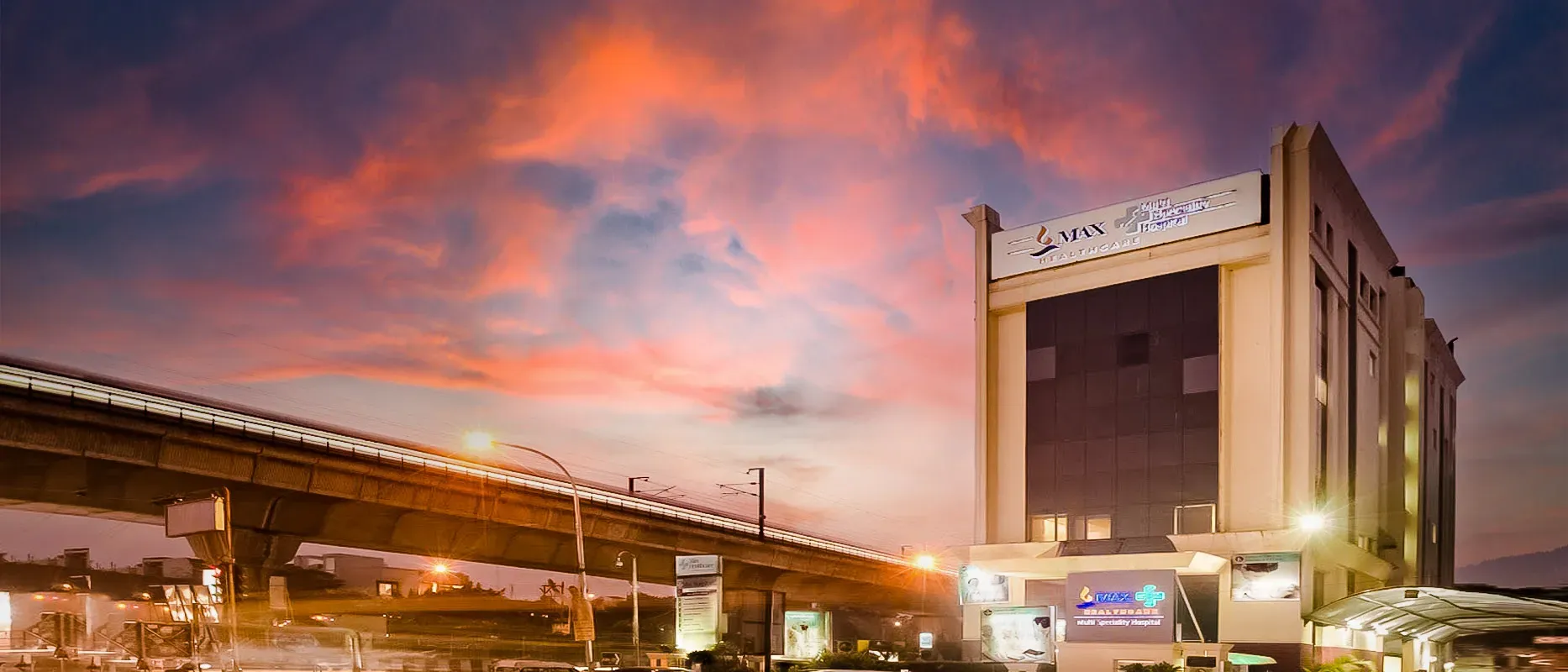
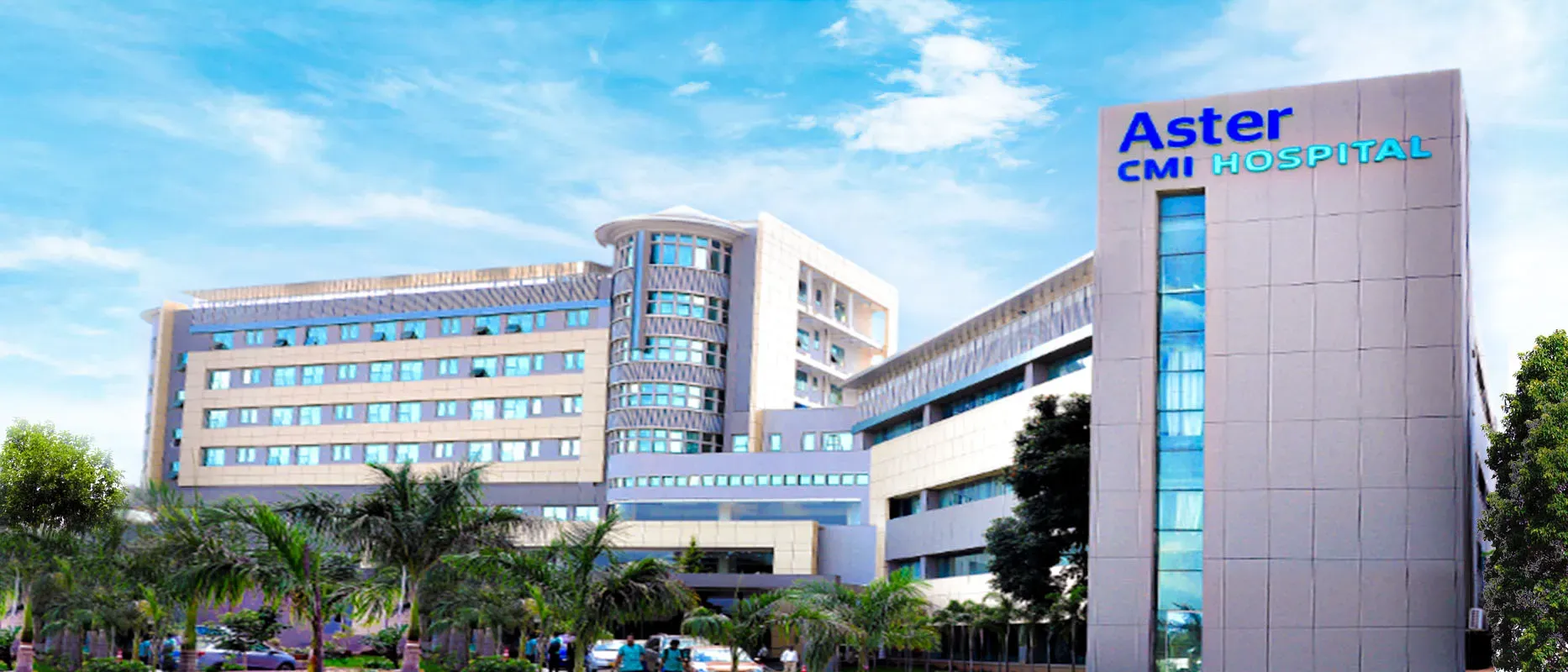
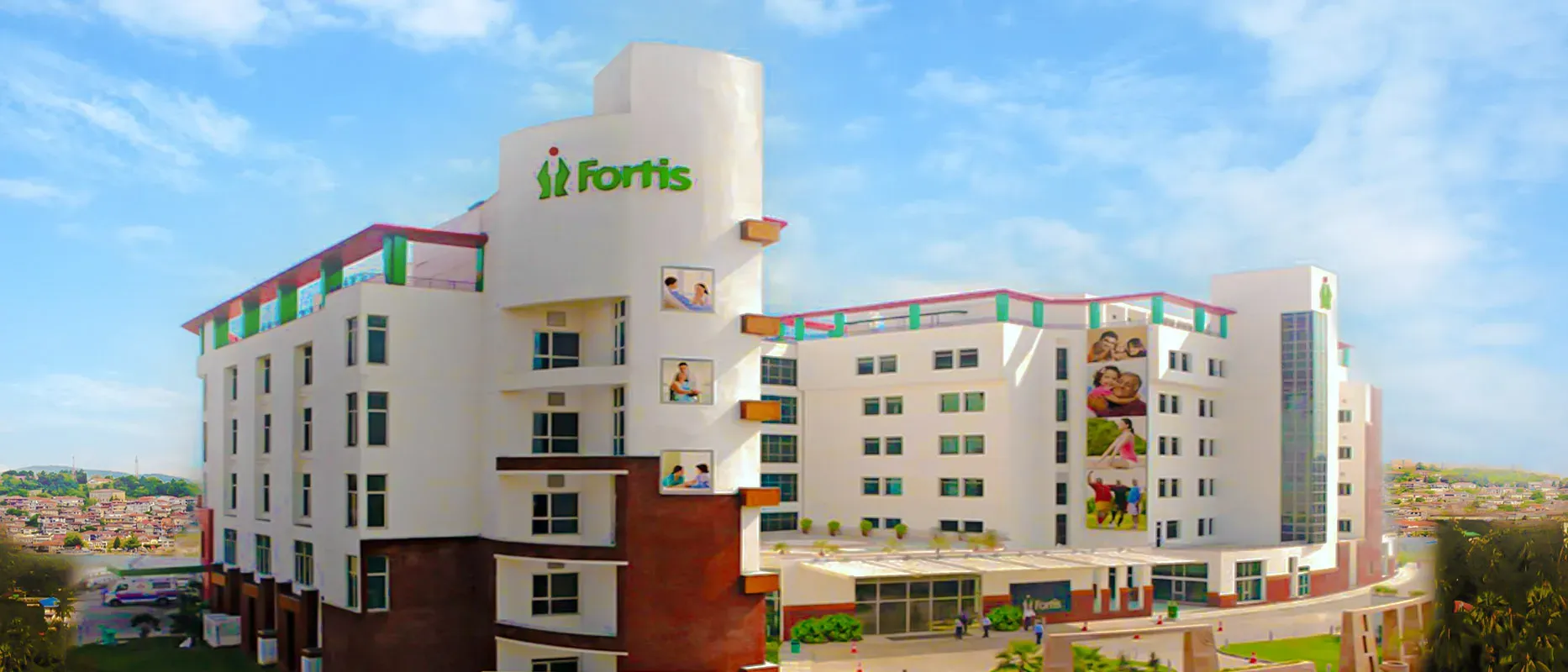
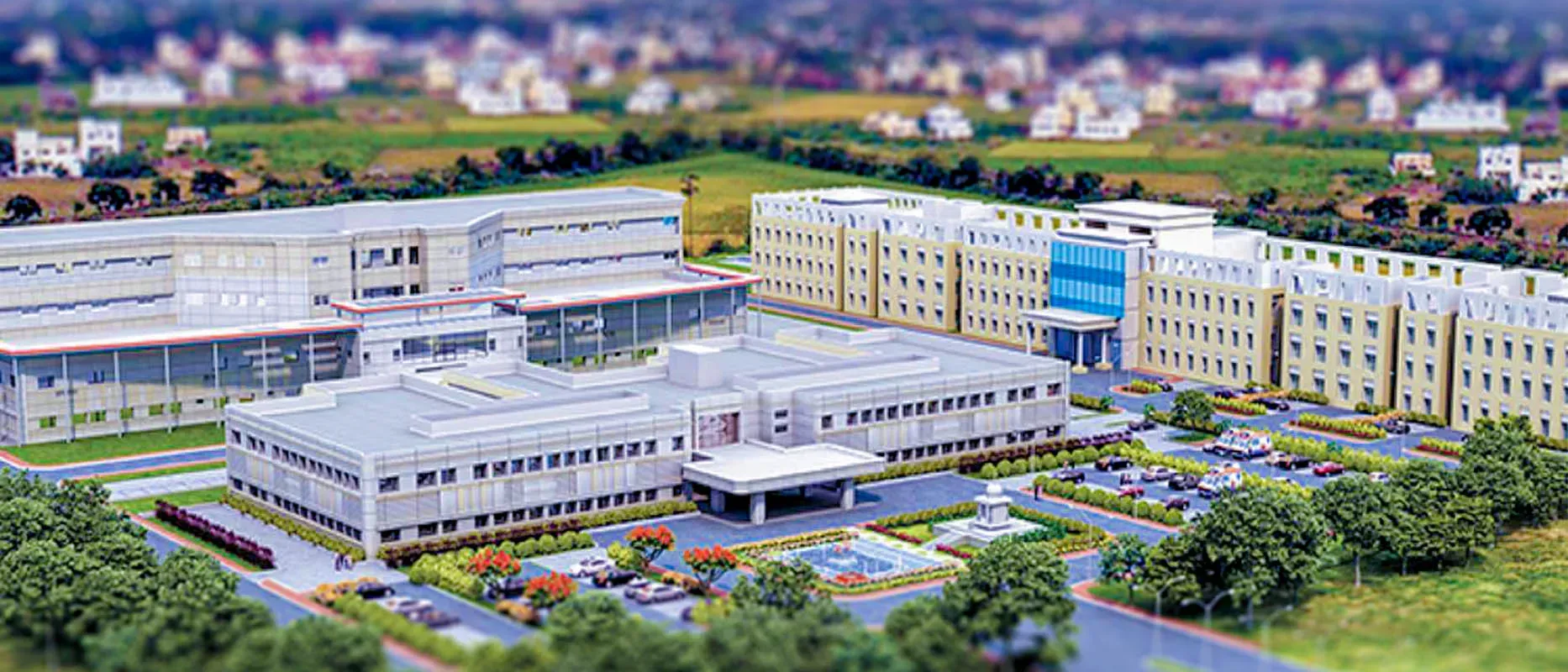
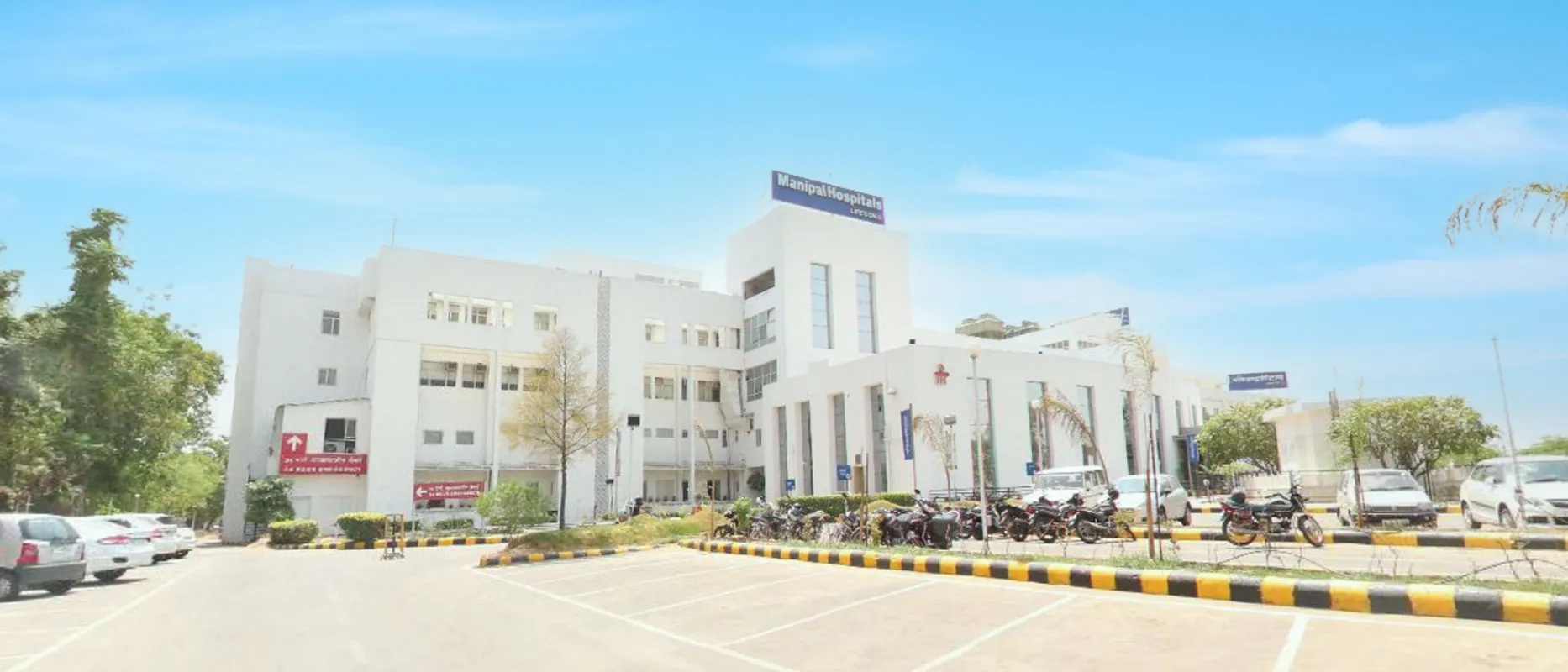
-r.-ranga-rao.webp)
